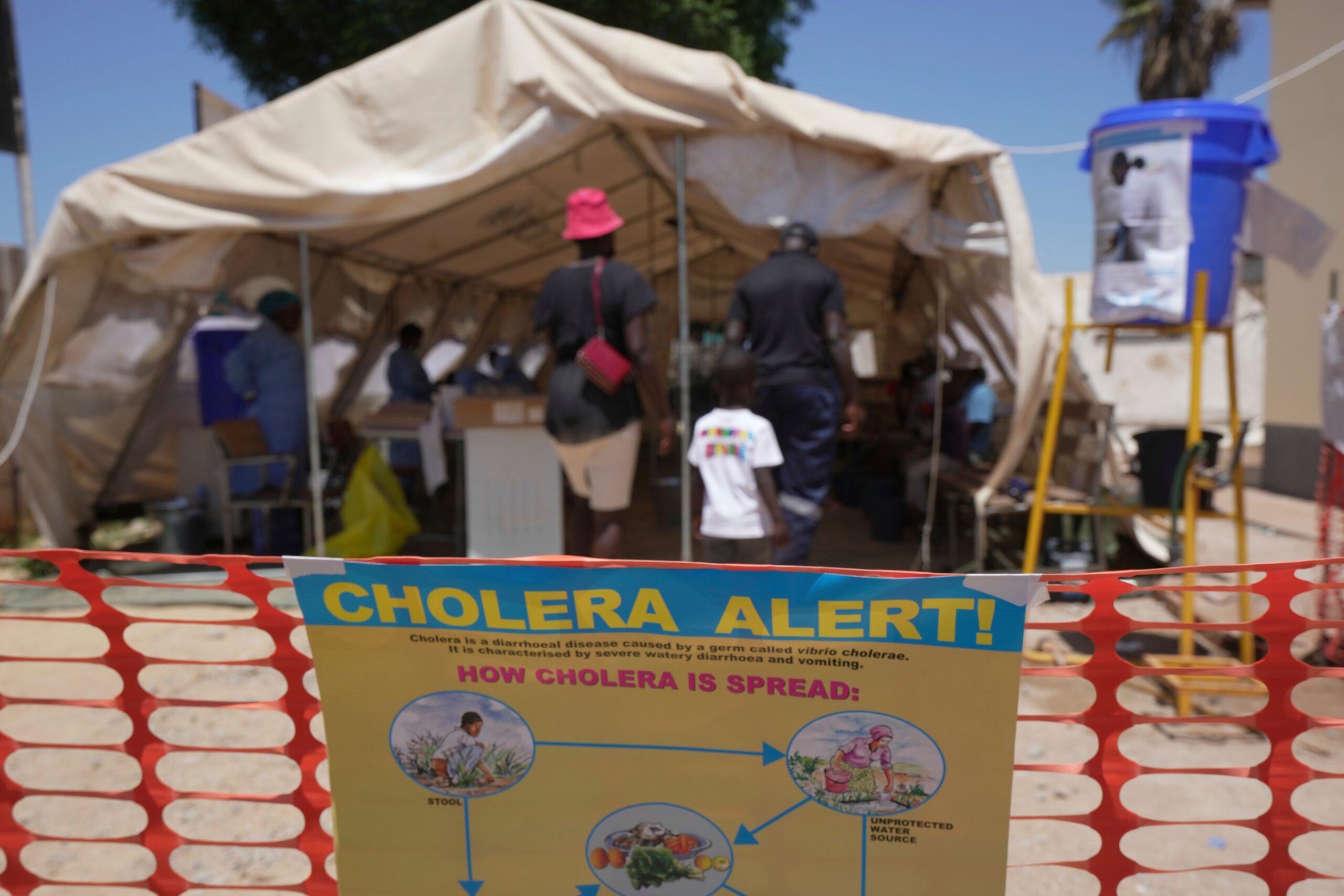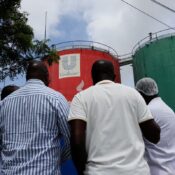
WHO Approves Novel Vaccine That Offers Hope To Countries Torn Apart By Cholera
The World Health Organization has approved a new, simpler, and more affordable cholera vaccination.
The World Health Organization (WHO) has approved a condensed form of a commonly used cholera vaccine, providing some relief from an epidemic that has overwhelmed the world’s supply of vaccines and left less developed countries fighting to prevent outbreaks.
The vaccine, which is being made by EuBiologics—the same company that created the current formulation—was authorized by the WHO last week. Compared to its predecessor, Euvichol-S is a more cost-effective and quickly manufactured version due to its simplified formulation that calls for fewer ingredients.
WHO approved the vaccine after late-stage studies carried out in Nepal showed that it was effective in preventing diarrheal illness. This choice makes it possible for humanitarian organizations like UNICEF and the Vaccine Alliance (Gavi) to obtain vaccines for use in developing countries. The clearance was welcomed by Leila Pakkala, Director of UNICEF’s Supply Division, who predicted a significant boost in vaccination supply of more than 25%.
Gavi projects that 50 million doses will be allocated for the worldwide stockpile this year, a substantial increase over the 38 million doses provided the previous year. WHO’s support was praised by Gavi’s Dr. Derrick Sim as “a lifeline for vulnerable communities around the world.”
Still, there is a greater need for cholera vaccines than there is supply. Fourteen cholera-affected nations have sought 79 million pills in total since January. Only 2.3 million doses of vaccines remained accessible as of this week, according to a January report from WHO detailing the total depletion of the world’s vaccine stockpile until the beginning of March.
Acute diarrheal illness known as cholera, which is brought on by tainted food or water, is most common in areas with poor sanitation and little access to clean water. Many infected people don’t show any symptoms, but severe cases require immediate intravenous hydration and antibiotic therapy. Between 25 and 50 percent of people who contract cholera will die if treatment is not received.
With the Middle East and Africa reporting the biggest caseloads, the World Health Organization (WHO) has recorded over 824,000 cases of cholera infections since January of the previous year, leading to 5,900 deaths worldwide. The United Nations organization ascribes the intensification of epidemics and elevated fatality rates to temperature increases that extend the survival of cholera bacteria, resulting in the largest death toll in 10 years.
All Categories
Recent Posts
Tags
+13162306000
zoneyetu@yahoo.com


